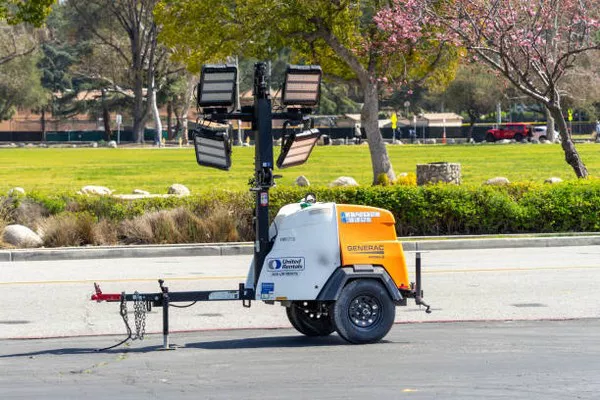Emergency generators play a crucial role in providing power during unexpected outages, ensuring the continuity of critical operations in various settings, including hospitals, data centers, and emergency response facilities. One of the key considerations in emergency generator planning is determining how long the generator should operate to meet the specific needs of the facility. This article aims to explore the factors influencing the optimal duration for emergency generator operation and the considerations that facility managers should take into account.
Factors Influencing Emergency Generator Duration
Nature of the Facility:
The type of facility significantly impacts the required duration for emergency generator operation. Critical infrastructure such as hospitals and emergency response centers may need continuous power to sustain life-saving operations. In contrast, commercial buildings or manufacturing facilities may have more flexibility in terms of downtime.
Regulatory Requirements:
Different industries and regions may have specific regulations governing the duration of emergency generator operation. Compliance with these regulations is essential to ensure the facility meets safety and operational standards. Facility managers should be well-versed in local codes and regulations related to emergency power systems.
Fuel Type and Storage Capacity:
The type of fuel the generator uses and the storage capacity for that fuel play a crucial role in determining how long the generator can operate. Diesel generators, for example, typically have a longer runtime compared to natural gas generators. Adequate fuel storage is essential to sustain the generator for the required duration.
Critical Systems and Loads:
Identifying and prioritizing critical systems and loads is fundamental in determining the optimal generator runtime. Facilities should conduct a thorough analysis to categorize equipment and systems based on their importance to operations. This ensures that the most critical functions receive power for the necessary duration.
Considerations for Determining Optimal Generator Runtime
Risk Assessment:
Conducting a comprehensive risk assessment is the first step in determining the optimal duration for emergency generator operation. This involves evaluating potential hazards, the likelihood of power outages, and the impact of downtime on the facility’s operations.
Load Analysis:
Understanding the power requirements of the facility during normal and emergency conditions is essential. Performing a load analysis helps identify critical loads, their power consumption, and the duration they need to be powered to ensure uninterrupted operations.
Testing and Maintenance:
Regular testing and maintenance of the emergency generator are crucial factors in determining its reliability during an actual outage. Facilities should establish a robust testing schedule to ensure the generator performs optimally when needed. Testing may also reveal any limitations in runtime or potential issues that need to be addressed.
Fuel Consumption:
Calculating fuel consumption based on the generator’s load and runtime is vital for determining how long the fuel supply will last. Factors such as the efficiency of the generator and variations in load should be considered to accurately estimate fuel consumption.
Environmental Conditions:
The environmental conditions of the location can impact the performance of the generator. Extreme temperatures, high altitudes, or other challenging conditions may affect the efficiency and runtime of the generator. These factors should be taken into account when determining the optimal duration.
Coordination with Utility Companies:
Establishing communication and coordination with utility companies is crucial, especially in areas where power outages are common. Understanding the utility’s response time and having a contingency plan in place can help in determining the required duration for emergency generator operation.
See Also How Does a Permanent Magnet Generator Work?
Conclusion
Determining the optimal duration for emergency generator operation is a complex process that requires careful consideration of various factors. Facility managers must conduct a thorough risk assessment, analyze power requirements, and adhere to regulatory requirements to establish a reliable and effective emergency power plan. Regular testing, maintenance, and coordination with utility companies are integral components of ensuring the emergency generator’s readiness when it is needed most. By taking a comprehensive and proactive approach, facilities can minimize downtime, protect critical operations, and enhance overall resilience in the face of unexpected power outages.

